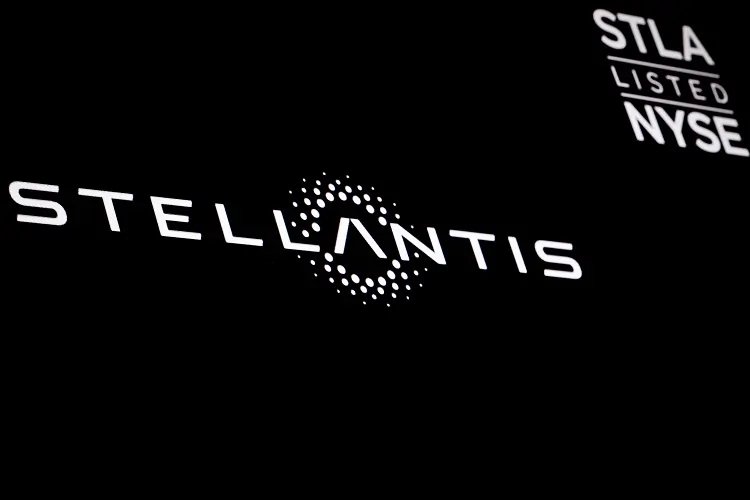Stellantis, Zeta Energy agree to jointly develop lithium-sulfur EV batteries


MILAN (Reuters) – Stellantis has signed an agreement with U.S.-based Zeta Energy to develop cheap lithium-sulfur batteries for electric vehicles, with an aim to use them by 2030, the two companies said on Thursday.
With battery costs significantly impacting EV prices, automakers are seeking to develop alternative technologies to the vehicles more affordable.
Unlike traditional lithium-ion batteries, lithium-sulfur batteries do not use expensive materials such as nickel or cobalt, resulting in cheaper production costs, although they are shorter lasting.
“Lithium-sulfur batteries are expected to cost less than half the price per kWh (kilowatt hour) of current lithium-ion batteries,” Stellantis, the world’s fourth largest carmaker, and battery maker Zeta said in a joint statement.
The agreement is aimed at developing lighter batteries but with an energy potential comparable to that of current lithium-ion technology, they said.
This means potentially a significantly lighter battery pack with the same usable energy as contemporary lithium-ion batteries, enabling greater range, improved handling and enhanced performance.
Such technology might increase battery fast-charging speed by up to 50%, the companies said. The agreement includes pre-production development and plans for future production by 2030.
“Groundbreaking battery technologies like lithium-sulfur can support Stellantis’ commitment to carbon neutrality by 2038 while ensuring our customers enjoy optimal range, performance and affordability,” Stellantis tech chief Ned Curic said.
The batteries are intended to be manufacturable within existing gigafactory technology, relying on a short and entirely domestic supply chain in Europe or North America, the two companies said.
Stellantis is also a backer of Silicon Valley startup Lyten, which in October announced a plan to invest over $1 billion to build the world’s first gigafactory for lithium-sulfur batteries in Nevada.
(Reporting by Giulio Piovaccari; Editing by Leslie Adler)
Lithium-sulfur battery technology uses lithium and sulfur as its primary components, offering a cheaper alternative to traditional lithium-ion batteries, although they typically have a shorter lifespan.
Electric vehicles (EVs) are automobiles that are powered by electric motors instead of internal combustion engines, using electricity stored in batteries.
A gigafactory is a large-scale manufacturing facility designed to produce batteries and other components at high volumes, often aimed at reducing costs and increasing efficiency.
Battery fast-charging technology allows electric vehicles to recharge their batteries more quickly, enhancing convenience and usability for drivers.
Explore more articles in the Business category











